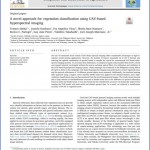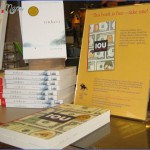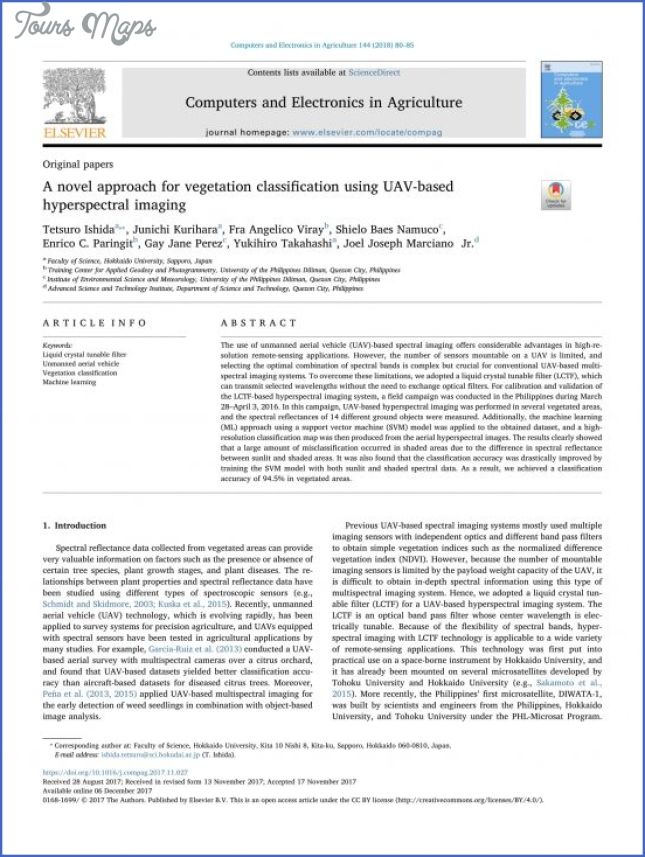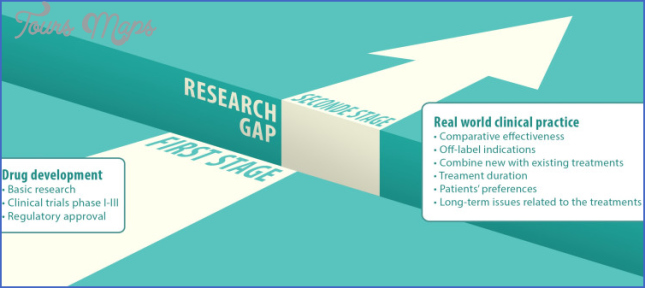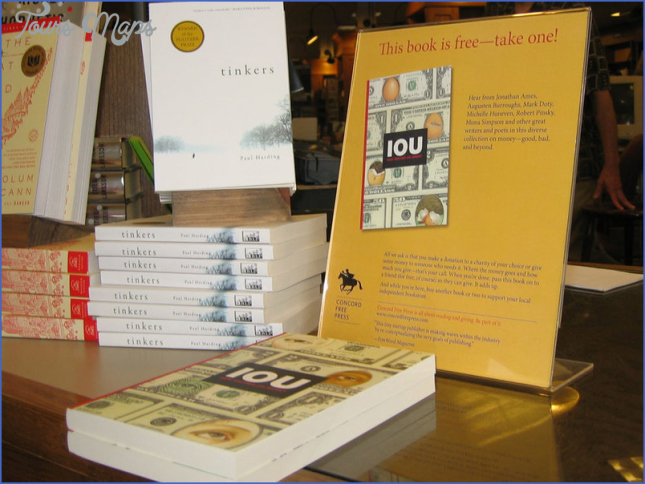Dr Dawn Garisch straddles two worlds: she’s a medical doctor, and also a novelist, poet and playwright. We chat to her about the psychological benefits of writing, and how it has changed her. And we give you a sneak peek at her new book, Accident.
A Novel Approach Photo Gallery
I’ve always felt very close to books,’ says author Dawn Garisch. ‘When I was one-and-a-half I was already trying to read; I started writing when I was seven.’ Even so, she never imagined herself becoming a novelist. ‘My imagination went as far as being a librarian,’ she says with a laugh. Instead, her family convinced laatlammetjie Dawn to study medicine. One of her sisters had done a BSc in chemistry and biology, before going on to do medicine. ‘Apparently she told my parents that I had to do medicine, or else! So it was all decided for me. Not that I regret becoming a doctor – it’s a good job, and it’s a real job.’ Dawn recalls telling a friend that her father had put all three of his daughters through university, and upon hearing this, the woman burst into tears because her father had actively prevented her from getting a tertiary education.
‘He thought it was a waste for girls. So I’m grateful to my father for having given me a career that’s valuable to myself and other people, and allows me to be financially independent. That’s the best thing on the planet, because I can make my own decisions.’ Besides working part-time as a GP, she locums at Medicross, stitching up fingers, treating chest pains, and dealing with dehydration and suicide attempts. Being a doctor, says Dawn, has actually helped her with her writing. ‘It straddles science and art in a way, because you get up close and personal with people and their stories.’ Writing, says Dawn, is a way of taking control of a situation you may have had no control over. ‘We make plans, but stuff happens, so it’s also about learning to live with what happens next. I found that I could examine the things that disturb me about the world, about relationships, about myself – take them into a fictional work and explore them there. It doesn’t have to be writing; it can be any artistic practice. And then the artwork starts talking back to you in the most interesting way.’ Penning her thoughts and feelings has helped her come to terms with a great many things in her own life, including chronic illness, a midlife crisis and being ‘a boarding school survivor’. ‘Boarding school didn’t suit my personality at all,’ says Dawn.
‘I felt imprisoned; abandoned… I hated not having any privacy – and not having anyone around who really, really loved you, looked after you or looked out for you. Some of the teachers were good, but boarding schools are often peopled by women who have nowhere else to go. And they really weren’t interested in their job. In fact, my book Trespass is about that.’ The main character in Trespass, says Dawn, is an amalgamation of about five women she knows, or knows of. One of them is a woman she remembers from her own boarding school days. ‘She was the only matron who was kind to us, and because she was kind, she was seen as “the weak one”. We were horrible to her; I still want to cry when I think about it. I don’t remember actively being a bully towards her, but one never remembers one’s own bullying. I do remember that as a group we were horrible to this woman, who was trapped by her circumstances.’ She’s always felt that reading and writing saved her life. ‘I started writing very early; it was the place I went to for comfort. I wrote largely for my own pleasure, and for my mental health. I think of it as growing your emotional legs – it takes huge courage to say: “This is who I am”, and “This is what happened to me.” And of course, your mental health affects your physical health.’
Dawn’s latest book, Accident, is about a doctor, Carol, who is grappling with her son’s self-destructive actions. He’s a performance artist who regularly puts himself at risk in the name of art. You can’t help but wonder whether the story is at least partly autobiographical. ‘My books are extrapolations to an extent, because you’re busy with the things that concern you,’ she says. ‘I’ve got two sons and both of them have done things that have made me extremely anxious. You have a child and you’re 100% responsible for them; then they grow up and you have to gradually let go – but at what point do you say, “They’re making very bad decisions, but I just have to shut up and let them get on with it”? When do you intervene, and when don’t you? I wanted to look at that, and the question of art versus science – is art meaningful? Does art have anything to say? Should we look after ourselves at any cost, or can we throw ourselves in the fire as a work of performance art – to draw attention to our self-destructive tendencies?’ Dawn says she rarely has a solid plan of where the story will take her when she starts off. ‘I’m the kind of writer who likes to explore a feeling or situation and just let it run. I once met an agent who asked me to send him the synopsis of the book I was working on at the time, and I said, “Well, I don’t know how it’s going to end yet.” He thought it was a huge problem, but most of the writers I like reading also work like that.’
Other than her own novels and poems, Dawn has written ‘for everything except radio’. ‘Films, TV, theatre, newspapers, magazines…’ She also teaches writing courses, something she’s more passionate about than she could ever have foreseen. ‘I didn’t go looking for it; it found me. I saw myself as a novelist and a poet. Then, about seven years ago, writer and writing facilitator Anne Schuster asked me if I could take over her life writing course – she knew I was writing a memoir at the time. My first thought was “no”, but I can’t resist a challenge.’ Most writers, she says, are afraid to look beyond what they know. ‘A lot of beginner writers try to write out of their thinking rather than their sensory experience. My job is to get them out of their own way and inside their story, so they can report back from inside it. Working with different points of view is also very interesting; some people can see only other people’s points of view; others can see only their own. Playing with point of view can be immensely liberating – it can lead to insights and even moments of forgiveness.’ The classes have changed her life. ‘It’s taught me everything. You think you’re non-sexist, non-racist; you think you see other people and that you have compassion. Then, incrementally, it wakes you up to your own prejudices.
Hopefully I’ve become less and less judgmental, less “us and them”, and more understanding. We may have different habits and preferences and rituals and customs, but we all hurt, love, and experience pleasure the same way. It really taught me not to think that I know what’s going on. I have to learn that again and again.’ So is it a form of therapy? ‘I don’t like to use the word “therapy”, because it conjures up the idea of a professional and a couch… It’s about reflecting on and bearing witness to your life; pausing to reconsider the story you’ve been telling yourself for years. People say writing is a pastime – that word should be banned from the English language. Also, that it is navelgazing and self-indulgent. But I believe this is sacred work. We don’t pay enough attention to our habits and tendencies so that we can get to know ourselves better, and maybe change the way we habitually do things. As Joan Didion says, “I write to find out what I feel and what I think.”’ Developing compassion for yourself is key, says Dawn. ‘It’s one of the hardest things – for people to like themselves, or love themselves or be kind to themselves. You have to be kind to yourself every day. I was 42 before I could have compassion for the child I was at nine.’ The revelations that have emerged in her classes have inspired Dawn to start an NPO called Life Righting Collective. ‘I’m so grateful; I’ve been wanting to do this for years,’ she says. ‘Thanks to sponsorship, I can bring the coursework of learning how to write your life story to people who want to write but can’t afford to go on the course. When you hear people’s stories, you see their hearts opening. There’s so much fabulous writing that comes out of these courses. The idea is to bring out an anthology of life writing, and part of that will be sponsored books to go into community libraries. Hopefully it will be out by February. We’re starting to get the stories in, and it’s very exciting.’
Maybe You Like Them Too
- Top 10 Islands You Can Buy
- Top 10 Underrated Asian Cities 2023
- Top 10 Reasons Upsizing Will Be a Huge Travel Trend
- Top 10 Scuba Diving Destinations
- World’s 10 Best Places To Visit

